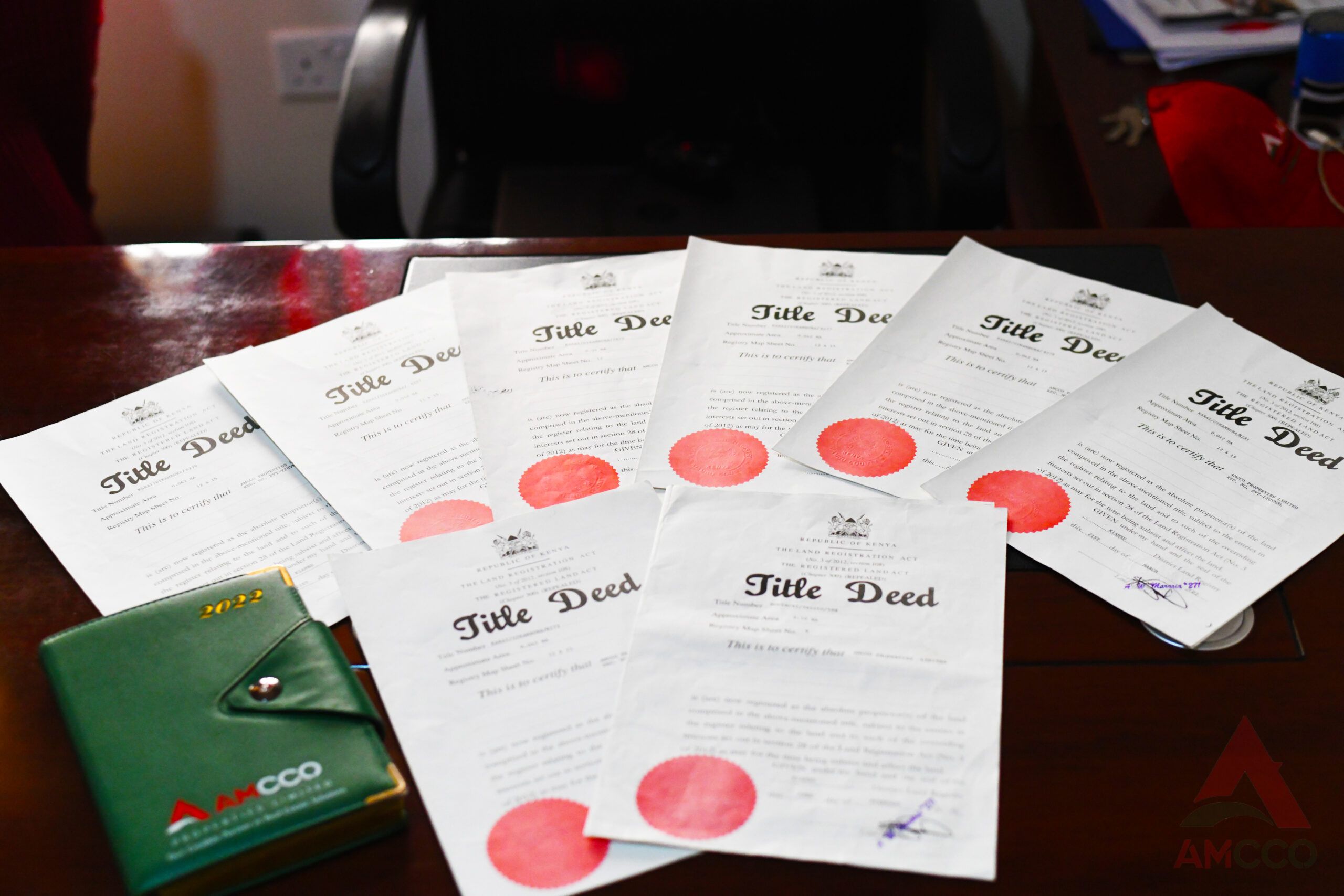Explore the essential aspects of property ownership and the constitutional protections in Kenya’s real estate market. Learn about key legal frameworks, ownership types, and how they impact your investment decisions. Dive into our comprehensive guide to navigating Kenya's property laws confidently.
Ever heard those horror stories about real estate deals gone wrong? In the vibrant markets of Kenya, knowing the ins and outs of property law isn’t just useful—it’s your armor against scams. Picture this: investing in Kenyan real estate with absolute certainty that every legal detail is perfectly handled. That's not just an ideal scenario—it’s a daily reality with Roots Africa. Dive into our comprehensive guide to understand how we protect your property investments against legal pitfalls and potential scams, ensuring your peace of mind.

Understanding Kenyan Property Law
Navigating the Kenyan property market requires a firm understanding of the legal framework that governs land ownership and transactions, ensuring that your investments are secure and that you are fully compliant with local laws.
The Constitution of Kenya, specifically in Chapter Five (Articles 40 and 60), protects the right to acquire and own property by any person. It stipulates that property rights are not only a freedom but a secured interest that the state must protect. Roots Africa ensures that all your transactions align with these constitutional safeguards.
Essential Legal Documents for Property Transactions
Every transaction in the property market hinges on critical legal documents, each serving a unique purpose under the law:
Governed by the Land Registration Act (Act No. 3 of 2012), the title deed is crucial as it confirms legal ownership and is necessary for any transfer of property.
Required under the Land Act (Act No. 6 of 2012, Section 54), this legal document outlines all terms of the property sale, binding both parties to the agreed conditions and ensuring the legality of the transaction.
This certificate, mandated by the Local Government Act (Cap. 265), is essential to demonstrate that all property rates have been settled up to the date of transfer, clearing any previous liabilities.
Ownership Options in Kenya
Investors in the Kenyan real estate market can choose from several ownership forms, tailored to their strategic needs and long-term goals:

The most straightforward form, involves property registered directly under the owner's name, simplifying the process and focusing on personal ownership rights.
Direct owning property under your name makes transactions simpler and is often preferred for personal investments.
Ideal for investors looking to integrate property into a business portfolio, providing tax benefits and facilitating larger-scale investments, managed under the Companies Act (Act No. 17 of 2015).
Highly recomended for investors looking to hold property as an asset within a business structure, which can offer tax advantages and simplify large-scale investments.
For those interested in creating a lasting legacy or managing assets on behalf of beneficiaries, trust ownership is regulated by the Trustees Act (Cap. 167), offering structured management and protection of property interests.
Through a trust, you can manage your property for the benefit of others, providing a level of continuity and protection for future generations, aligned with the Trustees Act.
Governed by the Law of Succession Act (Cap. 160), this option is suitable for planning inheritance, ensuring properties are distributed according to the owner’s wishes upon their passing.
Owning property within an estate can help in distributing assets after one’s death, ensuring a smoother transition and adherence to the wishes of the deceased, as stipulated under the Estate Duty Act
Roots Africa: Your Legal Guide and Guard
Why scatter your efforts and resources across various firms when Roots Africa offers a one-stop solution? Our team of seasoned lawyers expertly handles every aspect of your property transaction, from due diligence to finalizing sale agreements, under strict adherence to Kenyan law. We safeguard your investments by ensuring all documentation is accurate and legally compliant, providing you with a seamless and secure investment experience.

Conclusion
Investing in Kenyan real estate is a significant endeavor that requires meticulous legal oversight. With Roots Africa, you gain not just a service provider but a dedicated partner who ensures your property investments are protected and legally sound.
Are you ready to take your real estate investments to the next level with unmatched security and legal expertise? Fill out our Investor's Form today and let Roots Africa guide you through every step of your investment journey in Kenya. Our team is here to ensure your investment is profitable, secure, and hassle-free.